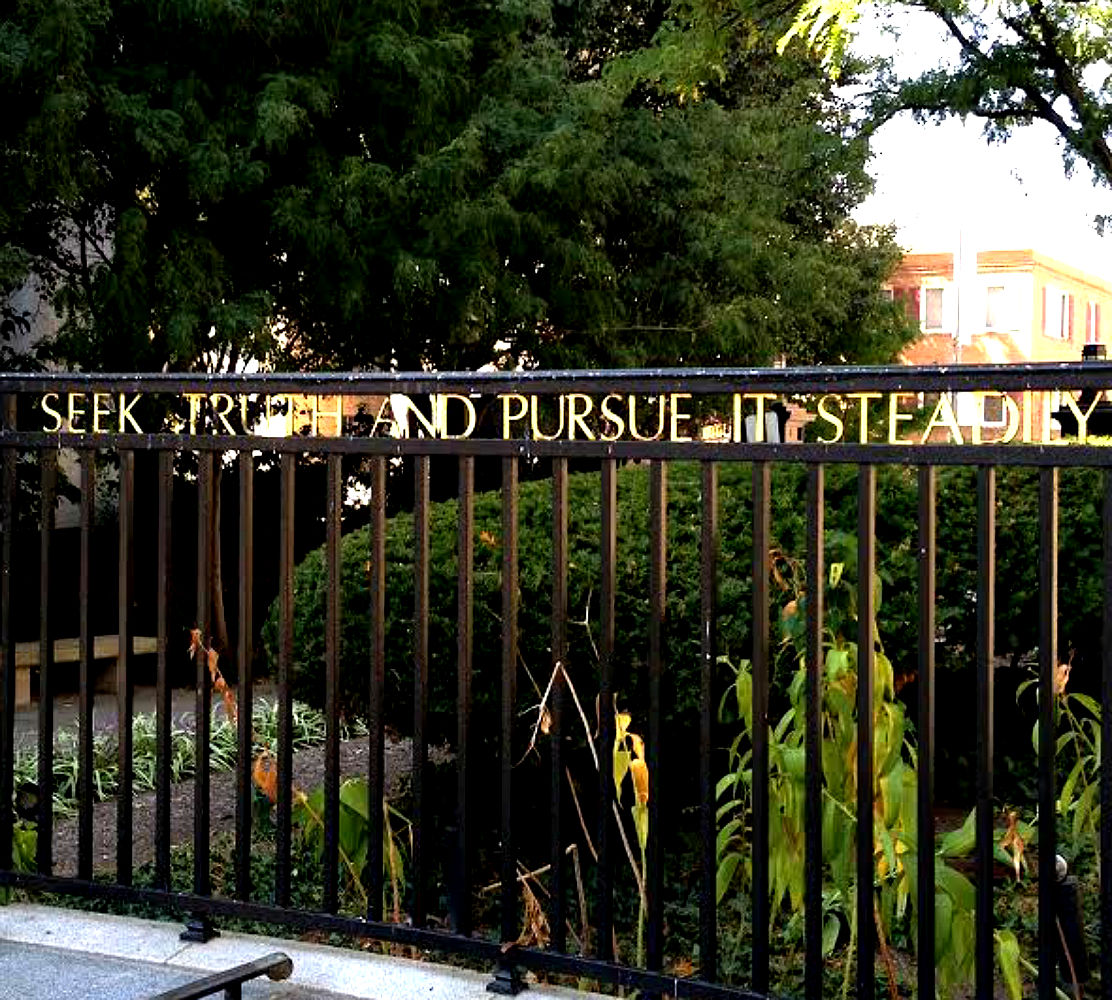“There isn’t any such thing as an ordinary life.” – Lucy Maud Montgomery
“Heroes are ordinary people who make themselves extraordinary.” – Gerard Way
My colleague, Dr. Jesse Ehrenfeld, is currently on leave from his academic anesthesia practice as well as from his post as Speaker of the House of Delegates for the Massachusetts Medical Society to serve as Lt. Commander Jesse Ehrenfeld, Combat Anesthesiologist in Kandahar, Afghanistan. We all appreciate the sacrifice he is making, putting himself at risk and in harm’s way.
This sacrifice is part of the great tradition of medicine, a tradition that compels physicians into war zones to take care of the injured. It is the same tradition that has us traveling to help treat diseases for which we may not have a cure or even a name yet, or into areas near and far ravaged by natural disasters.
As physicians we imagine that the risks we take are contained in far-flung locations or defined by the time it takes to start the recovery from disaster. Taking these risks is part of our commitment and calling, our responsibility. These are not every day, ordinary events and circumstances. They are extraordinary, and we rise to those challenges, to be extraordinary ourselves to take care of them. Then life returns to normal.
But what about yesterday, an ordinary crisp sunny winter day in Boston? When at about 11 a.m. a man entered the cardiothoracic clinic at the revered Brigham and Women’s Hospital and fatally shot surgeon Dr. Michael J. Davidson before taking his own life. The patients, the doctors, the nurses and staff in the hospital and clinics were in the throes of an ordinary day, no grand events planned in the city, no special holiday.
In short, it was — or should have been — an unremarkable day. Continue reading



